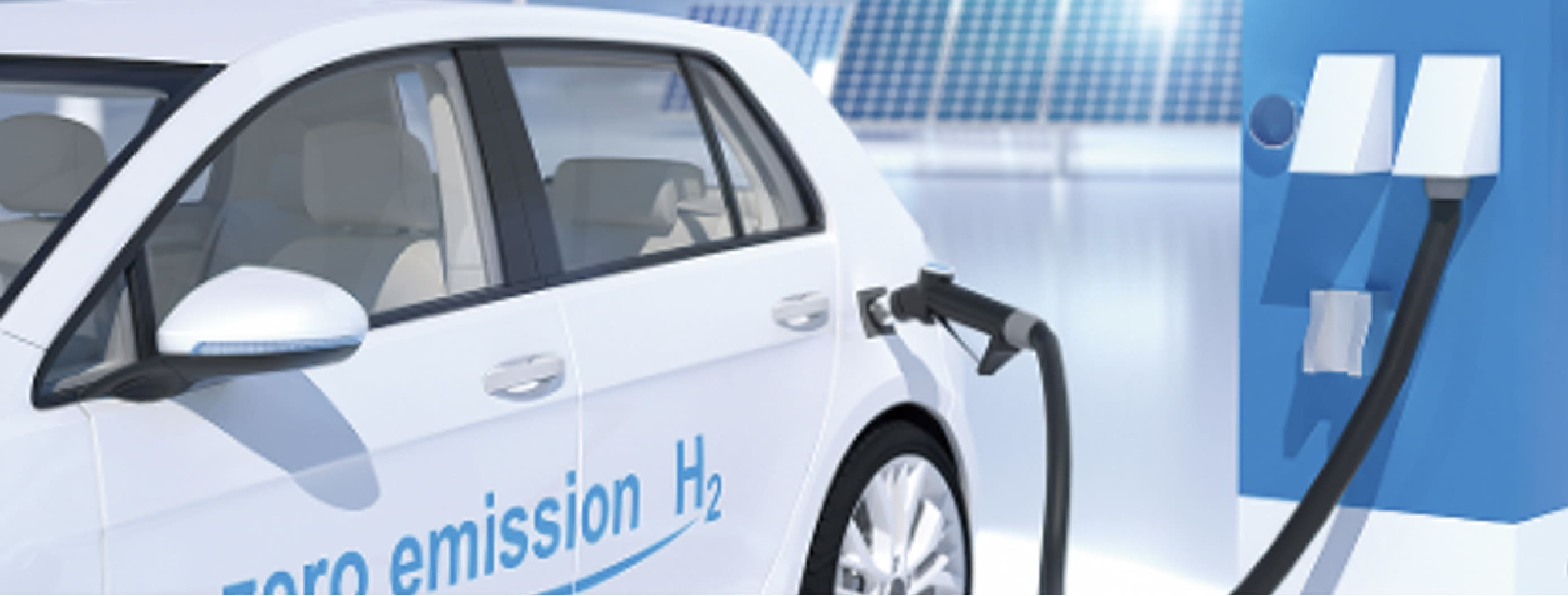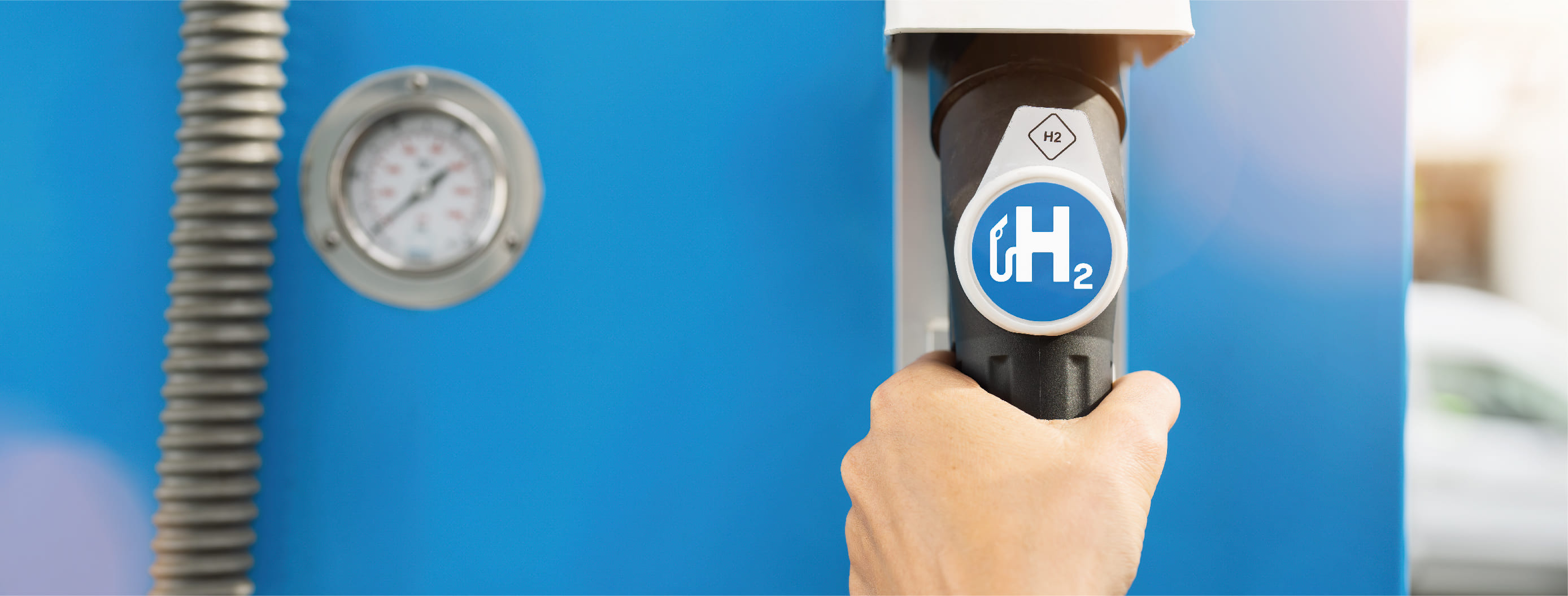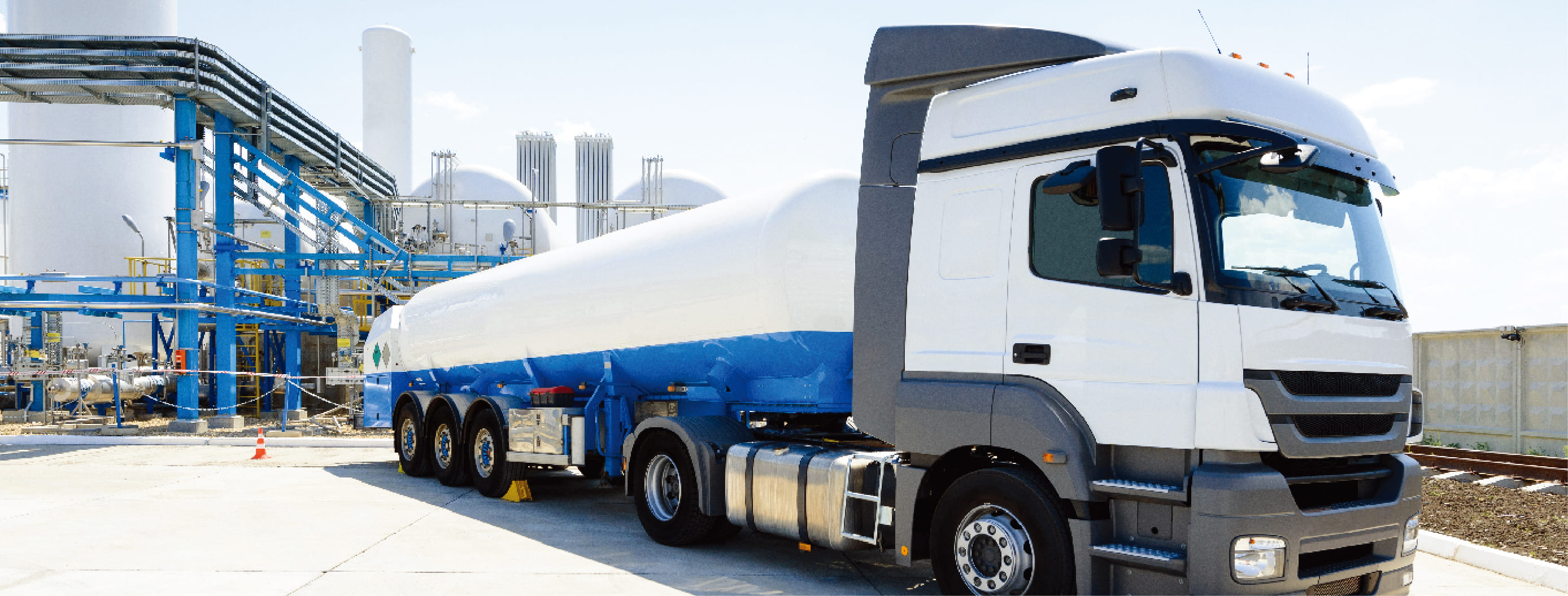JPE experts’ technology sharing | Tube Fittings Certified to EC79,Ensuring Safety and Reliability in Hydrogen Energy Systems
2022-12-14
JPE EDM
JPE's tube fittings have recently passed theEC79 certification.This certification report comes from the uniform provisions issued by the European Parliament and the Council on the approval requirements for hydrogen energy components type. All relevant tests are based on the Commission's EU79/2009 and EU406/2010 implementing regulations.This is an important certification standard in the field of new energy vehicles now, and also one of the benchmark recognition of tube fittings.

JPE tube fittings performed well in many tests. EC79 includes the following important verifications for hydrogen component testing. The details of test standards allow us to know the key requirements for products:
1. Corrosion resistance test
The purpose of the test is toprovide evidence of corrosion resistance.In one of the testing procedures, metal parts go through a long-term salt spray test according to ISO 9227, and all connections are closed to simulate extreme weather and environmental conditions.
2. Endurance Test
The purpose of the test is toprovide evidence of continuous and reliable operation.The test consists of repeated testing on the fittings for a specific number of cycles under the specified temperature and pressure conditions. The fitting components shall undergo multiple cycles of assembly & disassembly tests to verify that the products can withstand repeated installation without affecting their effectiveness.
3. Impulse Test
The purpose of the test is toprovide evidence that the hydrogen components are capable of resisting high variations of pressure.The fitting’s surrounding environment changes from atmospheric pressure to the maximum allowable working pressure and then returns to atmospheric pressure in a short time. The test verifies that the components can withstand the operating pressure of multiple cycles of hydrogen refilling. The number of refilling cycles in the test also exceeds the cycle life of a motor vehicle battery. This verifies that the product can endure more refilling cycles than a battery’s life and maintain normal system efficiency under repeated hydrogen filling.

4. Leakage test
The purpose of the test is to provide evidence that there is no external leakage on the fittings.The fittings must be free of any leaky passages. Whether it is a pressure change in the environment, of the medium, or hydrogen vessels, the variations of testing conditions must show that there is no hydrogen leakage from the body of the component or any point of connection after three minutes.
A safe hydrogen supply system is a very essential point for hydrogen-powered vehicles. We should consider the endurance and shock resistance challenges brought by long-distance transportation, the operation in response to various extreme temperature changes, and the possible operation of motor vehicles under various external environmental conditions. All these factors are important issues that need to be solved comprehensively and rigorously. This is also the significance of the above strict tests and checks. EC79 validation has also become one of the important quality indicators in the hydrogen energy industry.

As a provider of core components, the R&D team of JPE pays much attention to product compliance with international standards and has a very comprehensive understanding of various test standards. We welcome people from all walks of life who are interested in detailed product information to cooperate with the JPE team that is close to you. Therefore, we can progress daily and challenge higher standards and recognition!